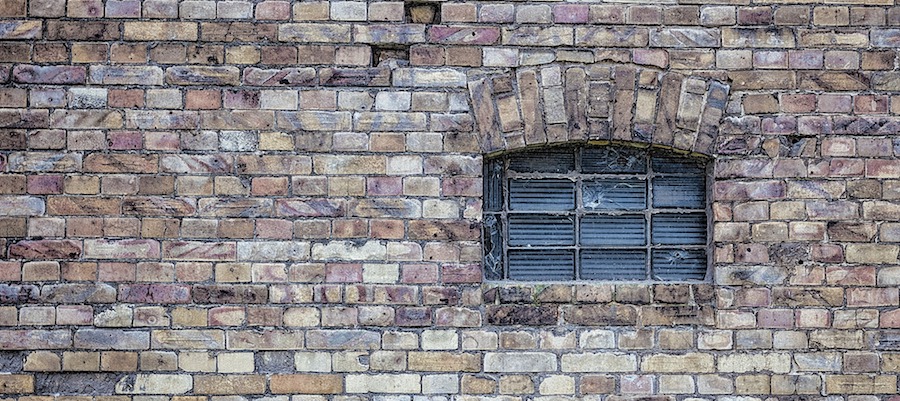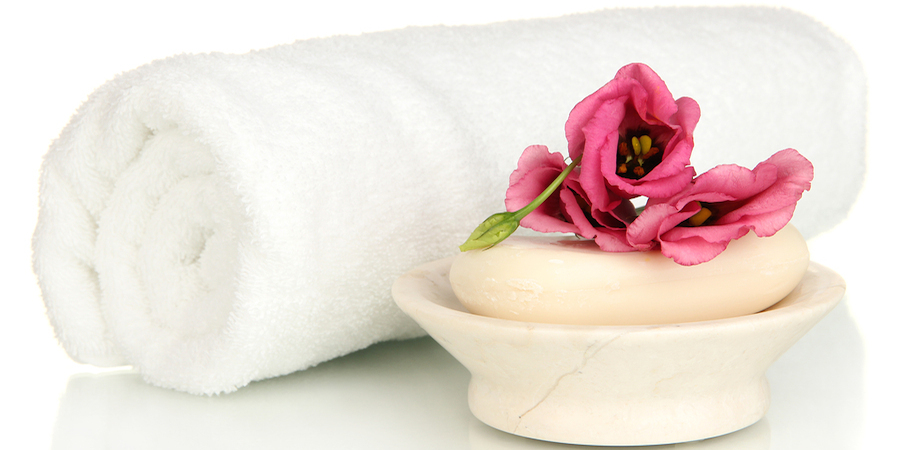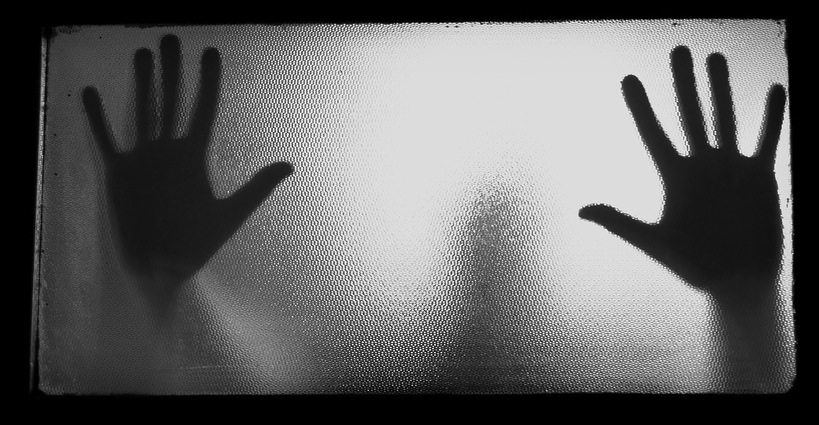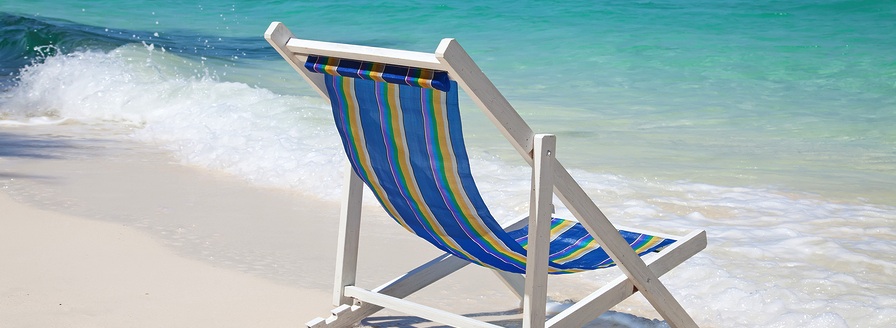A special government committee has been convened to investigate allegations that an increasing number of hotels in the U.S. are exaggerating the descriptions of what their less-expensive rooms look out on.
According to unnamed sources, these fake views sites also appear to be the same ones that have prompted more and more hotel guests to complain of leaks.
“It used to be you could expect a little overstatement,” said a New York City hotel guest who was in town to see the recently updated Broadway musical, The Lyn’ King. “But now, no matter what they promise, it seems the views are of walls, walls, and more walls. And the leaks? Oh my gosh! You practically have to wear a raincoat to bed.”
As might be expected, hotel owners are pushing back, one stating, “Nobody respects hotel guests more than me, but some of them are losers. And anyway, who’s making these complaints about fake views and leaks? It could be somebody sitting on their bed that weighs 400 pounds ok? They are just real lightweights who need to get out more, preferably to the hotel restaurant and gift shop.”
Sources from inside the committee said the investigation is moving slowly, in large part because the hotels involved all seem to be owned by shell corporations whose origins become lost in the morass of the bureaucracies of nations such as Russian and China.
“You know you are at a dead end,” one source said, “when you dig up promising paperwork on a company, only to discover that the chief financial officers are Tomas Dzheferson and Abrakham Linkoln.”
Another source, who declined to identify himself, other than to say he was not Howard Johnson, claimed that despite conflicting viewpoints from within the committee itself a possible solution to the fake views problem, at least, seemed to be emerging.
“We are leaning toward the British model, as demonstrated recently by the budget accommodation easyHotel, the source said.
According to news reports, easyHotel advertises fake views, which are in reality photos of London landmarks attached to the hotel room wall. The photos are promoted as an upgrade, and guests are charged extra for them.
As for the leaks, the source said it might take a bi-partisan effort by Congress to get those fixed.
“Fat chance of that happening,” one of the hotel owners we spoke with said. “Fat chance. Four-hundred-pounds fat.”
As readers would expect, considering the BobCarriesOn expense budget, travel humor writer Bob Payne has spent years investigating hotels that have fake views and leaks.





